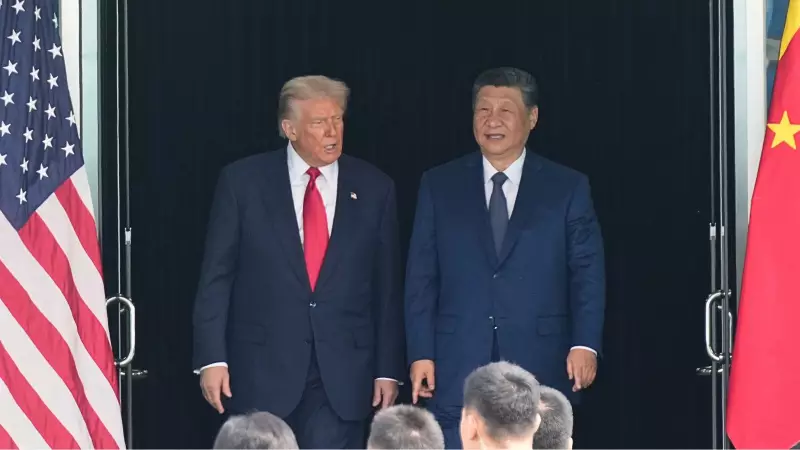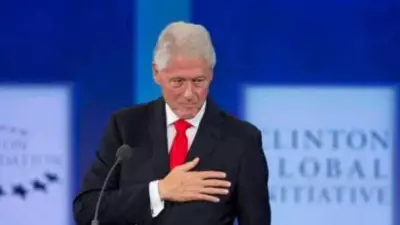
Former US President Donald Trump has once again stirred the geopolitical waters with pointed comments about India's energy purchasing decisions, while notably avoiding similar criticism of China's dealings with Russia.
Selective Criticism on Global Energy Imports
During recent public remarks, Trump expressed concerns about India buying Russian oil, questioning the economic wisdom behind such transactions. "India is buying a little bit of oil from Russia," Trump stated, adding his signature rhetorical question, "How good is that? How good is that?"
However, the former president's criticism appeared strategically selective. While calling out India's energy imports from Russia, he deliberately avoided mentioning China's substantial and ongoing purchases of Russian oil and gas.
The Unspoken China Factor
This selective commentary is particularly noteworthy given that China has emerged as one of the largest buyers of Russian energy since the Ukraine conflict began. Industry reports indicate that China's imports of Russian crude oil have reached record levels in recent months, far exceeding India's purchases.
Trump's approach suggests a nuanced diplomatic strategy, where he chooses to highlight concerns about one nation's actions while remaining silent on similar behavior by another major global power.
Geopolitical Implications
The former president's comments come at a sensitive time in international relations, with many nations walking a tightrope between economic necessities and political alignments. India has maintained its position that it will continue to make energy decisions based on its national interests and the welfare of its citizens.
Energy analysts note that India's purchases of Russian oil, while significant, represent just one aspect of the complex global energy landscape that has evolved since Western sanctions reshaped traditional supply routes.
Trump's selective criticism raises questions about potential foreign policy priorities should he return to office, particularly regarding how different nations might be treated for similar economic behaviors.





